Outside of a major kitchen overhaul or an addition, a roof replacement can be one of the biggest improvement projects you are likely to take on. And if you plan to own your home for any significant amount of time, you'll be facing this expense sooner or later because roofing materials aren't meant to last indefinitely. Some have a longer expected lifespan than others, but they come at a cost. So you need to weigh a number of factors when choosing replacement roofing material before you make a decision. And don't assume that you have to replace your roof with a product comparable to the existing roof. You may want to make a change for any number of reasons.
If having a long-lasting roof is your main priority, here is a run-down on what to expect from the most common roofing materials. Other than the material used, the other two factors that affect how long a roof lasts is the amount of sun exposure as well as pitch, and these two elements can affect any roofing material. Roofs which get a lot of full sun and have shallow pitches simply don't last as long as shaded, steep roofs.- Asphalt: This is the most popular roofing choice, and depending on the type you choose, you can expect a useful life of anywhere from 15-30 years. Keep in mind that asphalt's petroleum base breaks down more quickly in warm and humid situations, so full sun and a shallow pitch can reduce those numbers.
- Composite: Composite roofing is similar to asphalt except that it includes fiberglass. A composite roof should last about 20 years but it's not a good choice in windy areas, so if your home is in an open unprotected area, the expected life is shorter; in fact, it's probably not an appropriate solution for your home.
- Metal: These types of roofs are rapidly gaining in popularity. They are more expensive than asphalt or composite, but they are much more energy-efficient so you'll save in heating and cooling. Depending on the design of the roof and the type of metal, these roofs can last upwards of 75 years. They also have the added benefit of being able to be installed on top of an existing roof since they are much lighter and don't require a roof tear-off to avoid weight overload.
- Tile: Providing a unique architectural element, tile roofs are popular with Mediterranean home styles. Installation of these roofs is crucial, and the type of installation controls the lifespan. They can last anywhere from 10-100 years, but they are difficult to maintain and expensive to install. If you choose a tile roof, look for a specialty roofing contractor as most roofers aren't experienced enough with tile.
- Slate: Like tile, these roofs are heavy, so you'll want to check with an engineer to make sure your home structure can withstand the load. It provides a natural look but its fragile and requires care. If you really like the look of slate, you may want to consider one of the steel roofing options which replicate the look but require less care and are sturdier. But with the right maintenance, a slate roof can last 40-75 years.
- Wood: Wood shakes and shingles are hard to give a lifespan to because there are so many factors which will affect its wear. Wood can last anywhere from 10-30 years. If you choose wood, go for cedar; it's the longest-lasting.
- Other Materials: Roofing is also available in rubber membrane, poured concrete, and fiberglass panels but these are less popular residential choices in this area, and all require specialized installation.
Subscribe to Quarve Contracting's Blog


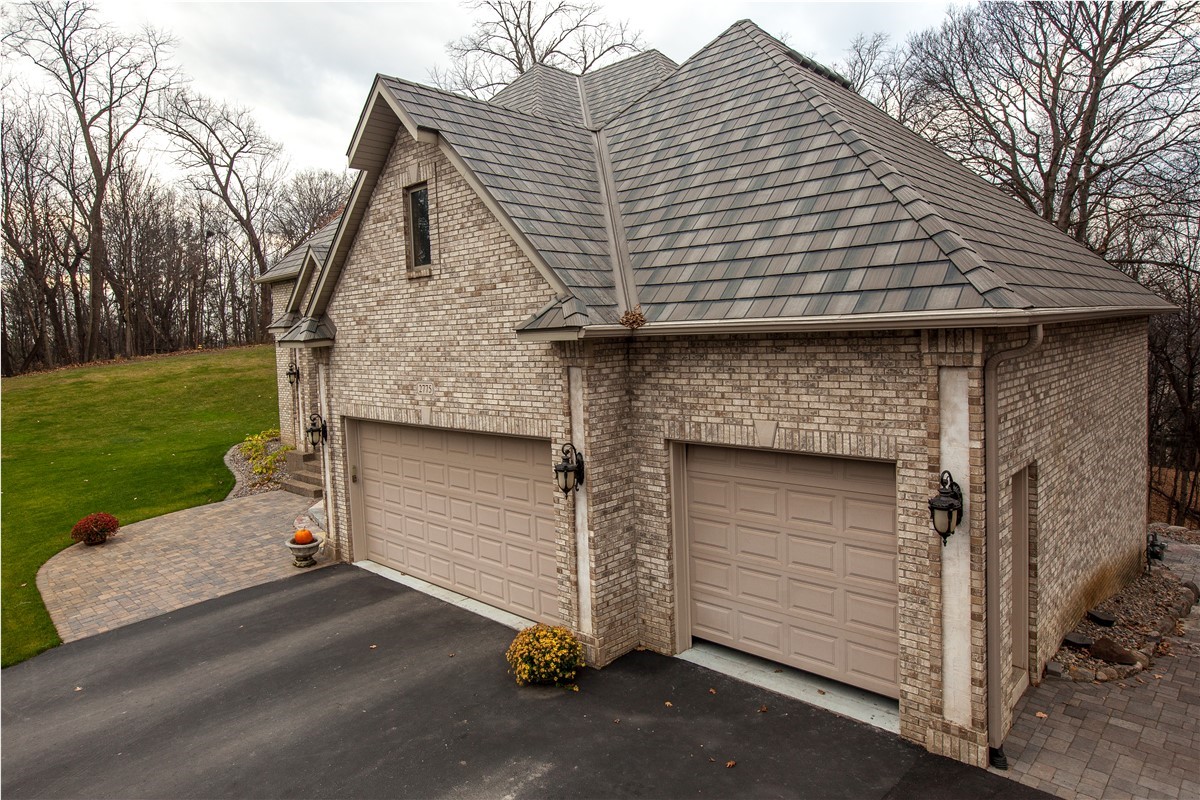
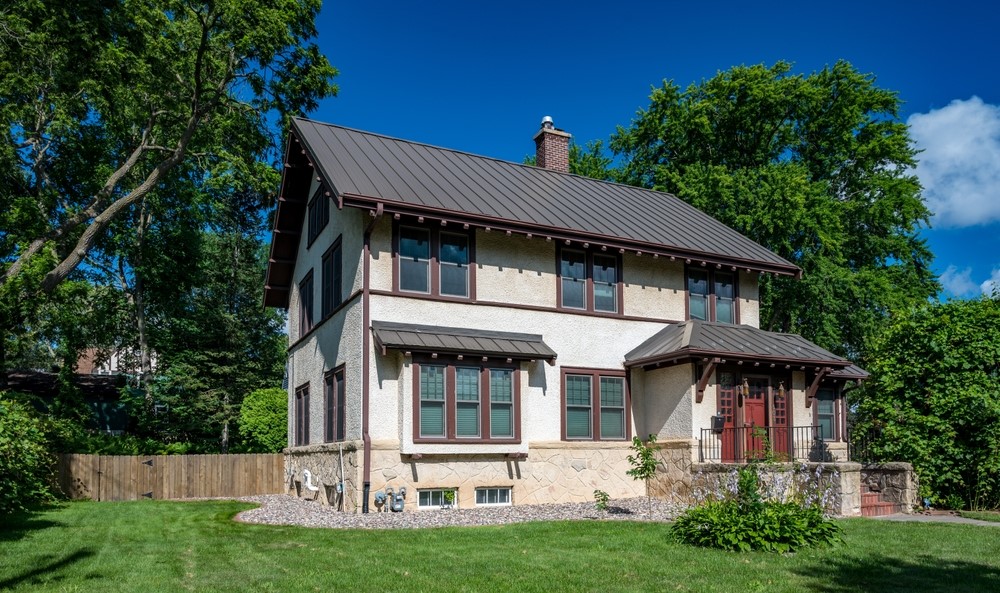
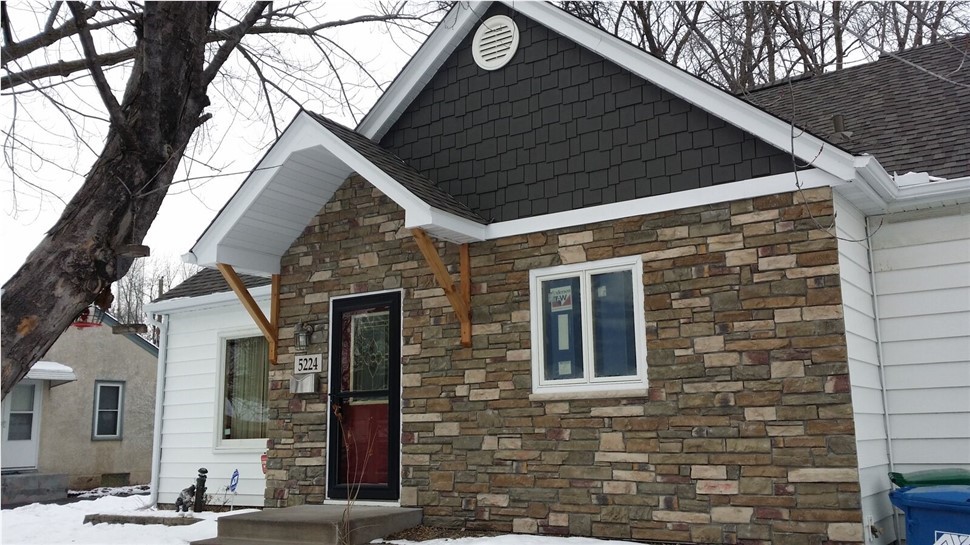
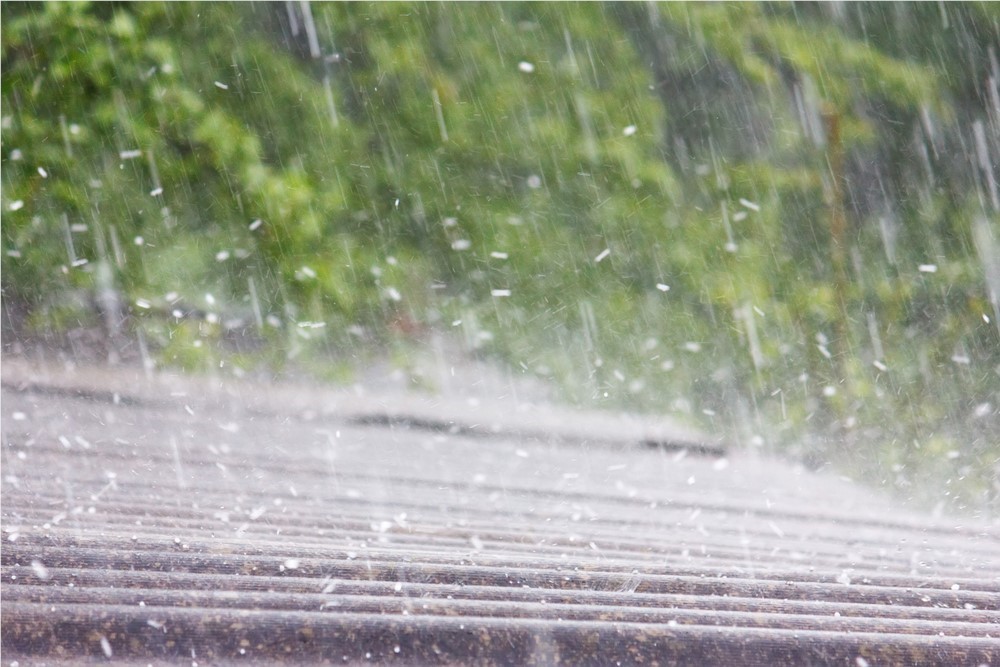
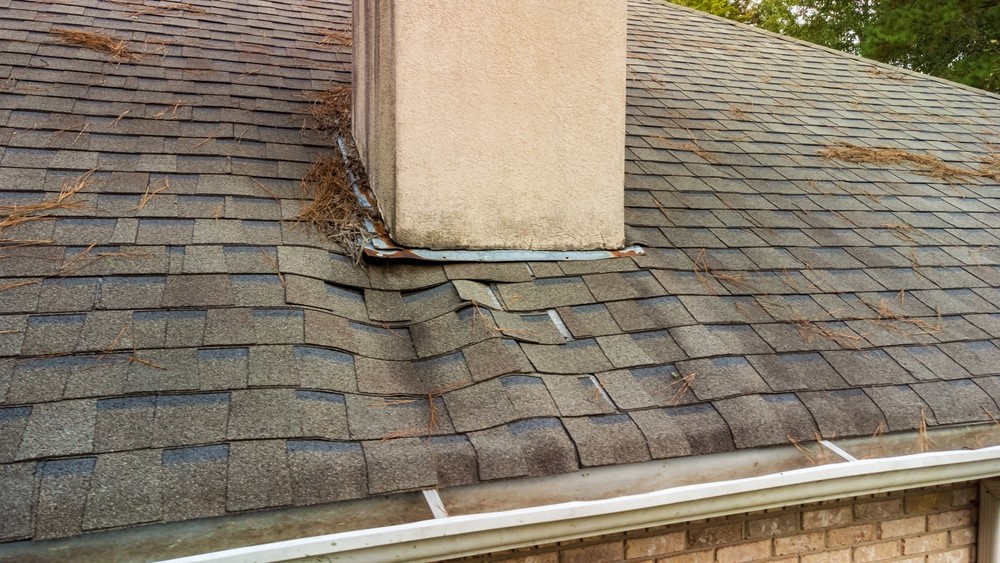
Comments